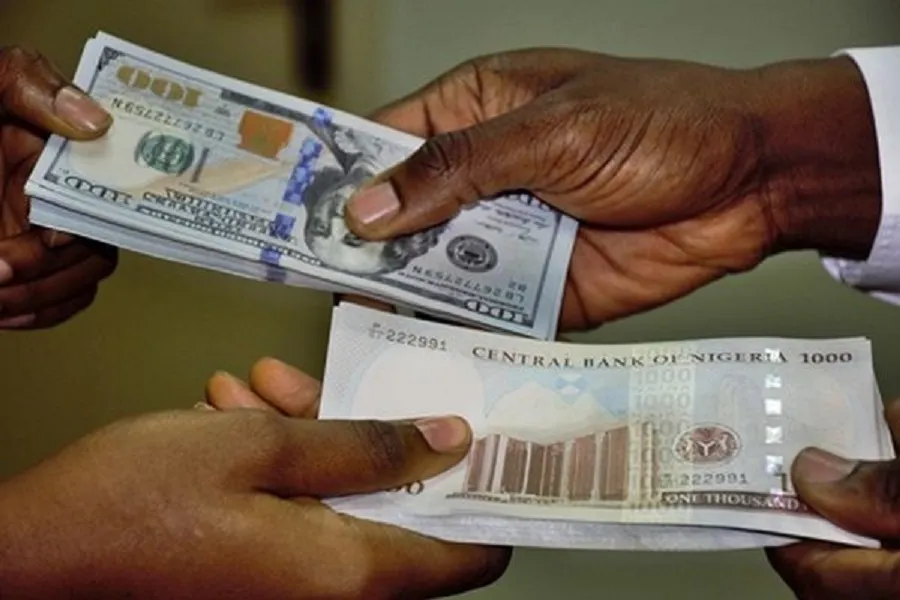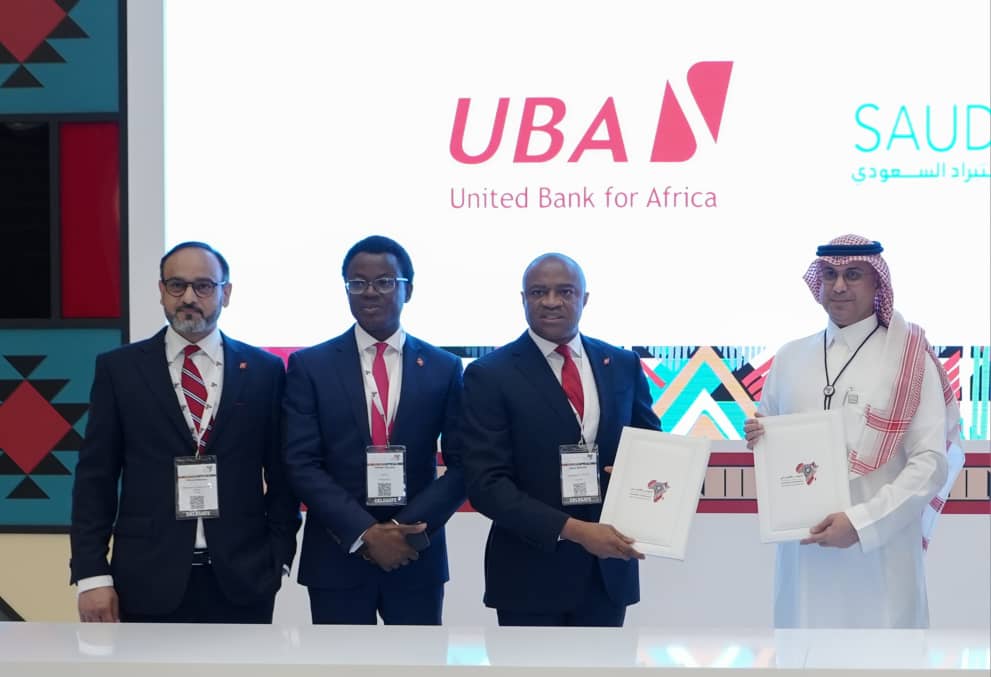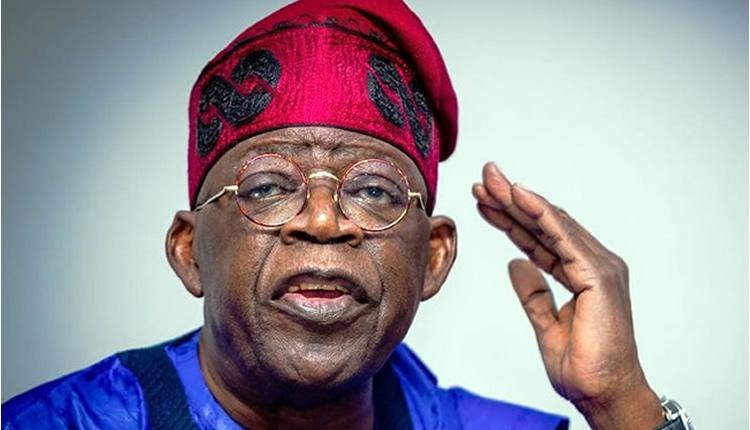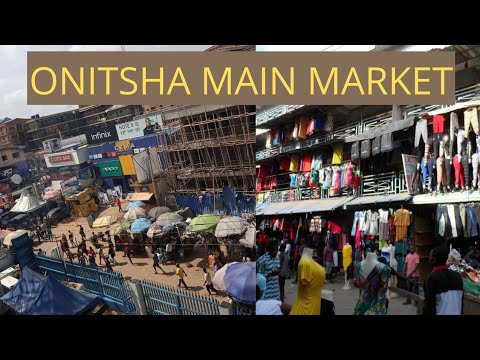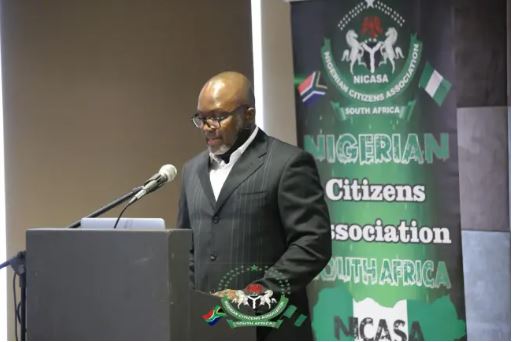A Political Pressure group, Youth O’clock Political Vanguard has called on renowned youth activist, businessman and philanthropist, Comrade Timothy Ezue to run for the Isoko North Local Government Council Chairmanship under the Peoples Democratic Party (PDP).
The group made the call during a motorcade and solidarity march held at Opute Hall, Ozoro at the weekend.
Speaking during the solidarity march, Chairman Planning Committee, Comrade Abel Edigbe said they decided to drum support for Timothy Ezue because of his track record of performance as a philanthropist with outstanding service to humanity.
“If you look around the world today, even recently in Senegal, the President they elected and sworn in just recently is a very young man of just 44 years old.
“We need young people to be at the helm of affairs to demonstrate their potentials to the fullest.
“All the good things he has been doing convinced us that if given the mandate to become Chairman of Isoko North Local Government Council he will do more for the people, hence we organised this solidarity march to encourage him to run for the office.”
Director-General of the group, Comrade Kingsley Utobaga commended Governor Oborevwori for his youth friendly appointments and expressed optimism that he would not neglect Isoko North as Ezue had the capacity, the followers and all it takes to provide Isoko North with good leadership.
Responding, Comrade Ezue said he was overwhelmed by the support and calls to run for the office of Chairman Isoko North Local Government Council, assuring that he would consult with party leaders on the way forward.
“It’s my pleasure for this onerous call by my people to run for the office of Chairman Isoko North Local Government Council.
“By the grace of God am going consult my leaders because party is supreme and whatsoever decisions the leaders, including our state Governor, Rt Hon. Sheriff Oborevwori who is very youth friendly.
“Our Governor has empowered youths across board and whatever decisions they will take we will abide by them as party faithful.
“I thank you all once again for the trust and confidence reposed in me by asking me to come serve the people of Isoko North. At the appropriate time I will let you know my decision after due consultation with our party leaders and stakeholders,” he stated.
The hundreds of supporters who went through a long motorcade to major roads in Ozoro, Ellu, Ovrode, Ofagbe, Okpe-Isoko, Oyede, Owhelogbo, Otibio, Otor-Owhe and Akiewhe communities birthed at Opute Hall in Ozoro.

